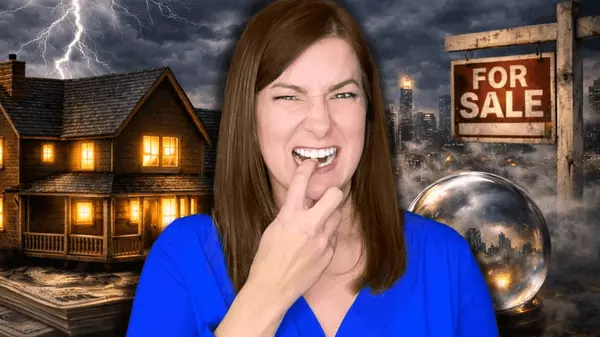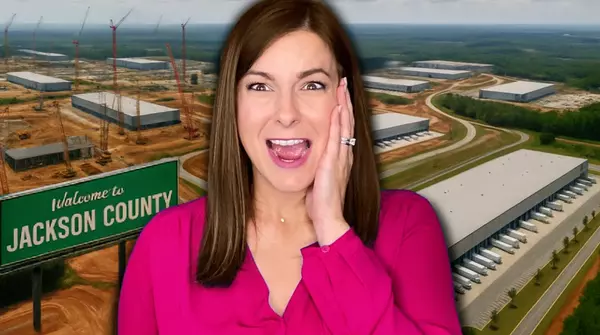Buying a home is likely the largest investment you'll ever make, and with it comes a series of decisions that can impact your finances significantly. As a real estate agent in the Northeast Metro Atlanta area, I've seen firsthand the costly mistakes many buyers make when purchasing a home. If you're planning to move to Georgia, avoid these common missteps that could end up costing you thousands.
1. Not Visiting the Home or Area in Person
One of the biggest mistakes is buying a home or even relocating to a town without ever visiting in person. While virtual tours and videos can give you a sense of the home, nothing beats seeing it with your own eyes. A home that looks great on paper or online might not feel the same in person.
If you're relocating to Georgia from out of state, consider visiting the area first, even if it means booking a flight and renting a car. Spend time driving around the neighborhoods, visiting schools, and getting a feel for the community before committing. Trust me, this small investment of time and money can save you from a costly mistake down the road.
2. Buying the Most Expensive House in the Neighborhood
Another mistake buyers make is purchasing the most expensive home in a neighborhood where other homes are not as updated or well-maintained. While buying the least expensive home in a nice neighborhood can yield a good return on investment, the opposite can be true if you purchase the most expensive house in a less desirable area.
If the surrounding homes are not well-maintained, the value of your home may not appreciate as much as you expect. This can make it difficult to sell for a profit in the future. Be mindful of the long-term potential of the neighborhood when deciding how much to spend on your new home.
3. Ruling Out Homes with Septic Tanks or Radon Mitigation Systems
Many buyers eliminate homes with septic tanks or radon mitigation systems without fully understanding the costs and considerations. In Georgia, septic tanks are common, and with regular maintenance, they don't have to be a major concern. Septic system maintenance typically costs around $500 every 3 to 5 years.
Similarly, radon is a natural gas found in many homes, especially in areas with rocky terrain like North Georgia. If a home has a radon mitigation system already installed, this issue is already addressed, and there's no need to rule it out as a deal breaker. It’s important to evaluate the cost of mitigation if necessary, but it’s often much cheaper than you might think and can be easily managed with proper systems in place.
4. Skipping the Septic Inspection
If you're considering a home with a septic system, don't skip the inspection. Even if the home looks well-maintained, an improperly cared-for septic system can lead to costly repairs. Ensure the septic system is properly inspected and that it’s in good working condition before finalizing the purchase.
An inspection can uncover potential issues, like improper maintenance or blocked lines, which could lead to expensive repairs down the road. This inspection is a small investment compared to the cost of major septic repairs if problems are discovered later.
5. Skipping a Full Home Inspection
Along with septic inspections, it's crucial to invest in a full home inspection. Even a seemingly perfect home can have hidden issues, like mold, electrical problems, or structural damage. The cost of a home inspection is typically between $400 and $700, but it can save you from far more costly repairs in the future.
A thorough inspection can reveal issues you might not have noticed during your initial visit. For example, mold issues that might require thousands of dollars to fix could be uncovered in a home inspection. It’s an essential step in ensuring you’re making a smart investment.
KeyPoint
When buying a home in Georgia, it’s easy to make mistakes that can end up costing you down the line. From not visiting a property in person to neglecting inspections, these mistakes can affect your financial future. Take the time to do your research, explore the area, and don’t skip important inspections. Doing so will help ensure that your move to Georgia is as smooth and financially sound as possible.
By being mindful of these common pitfalls, you can make a more informed and confident decision about your new home. Happy house hunting!











